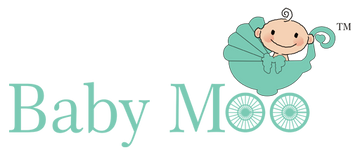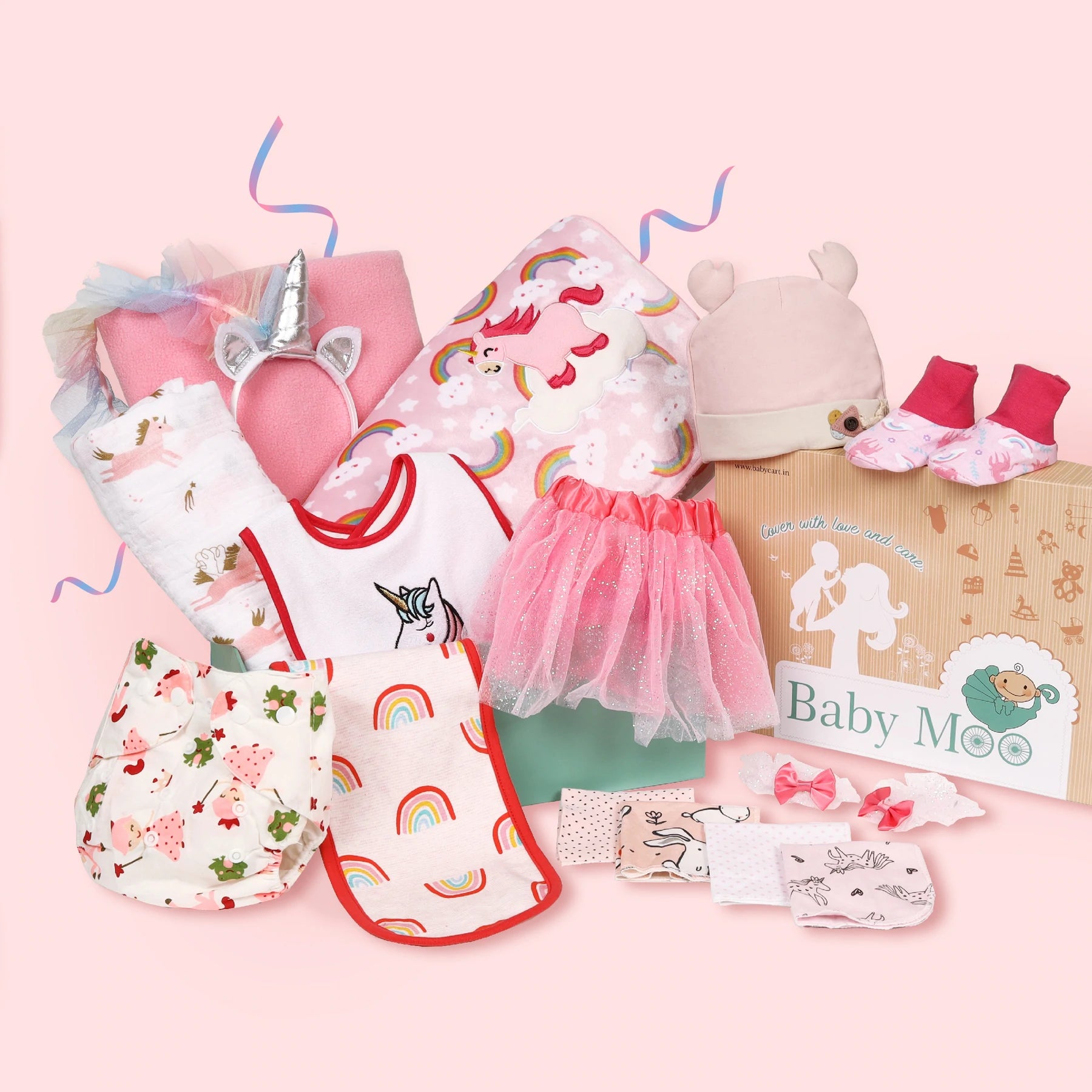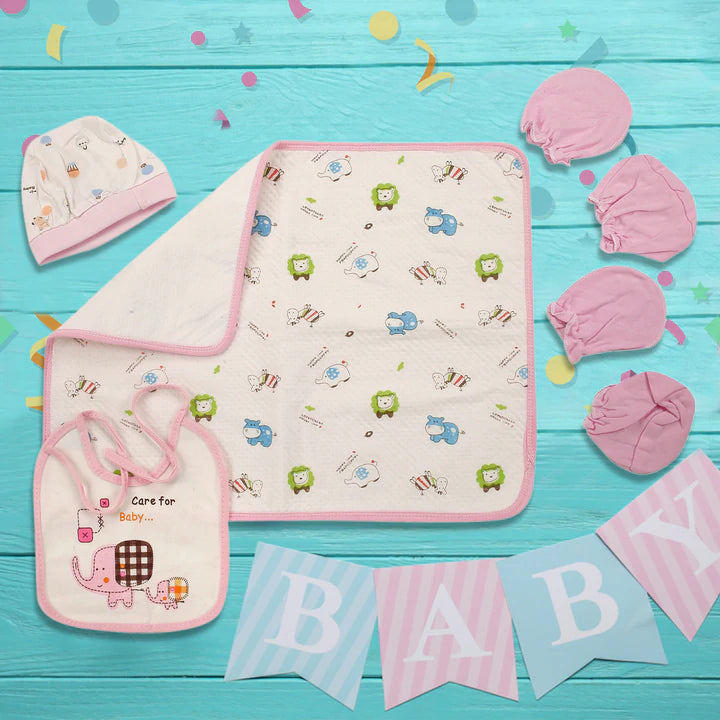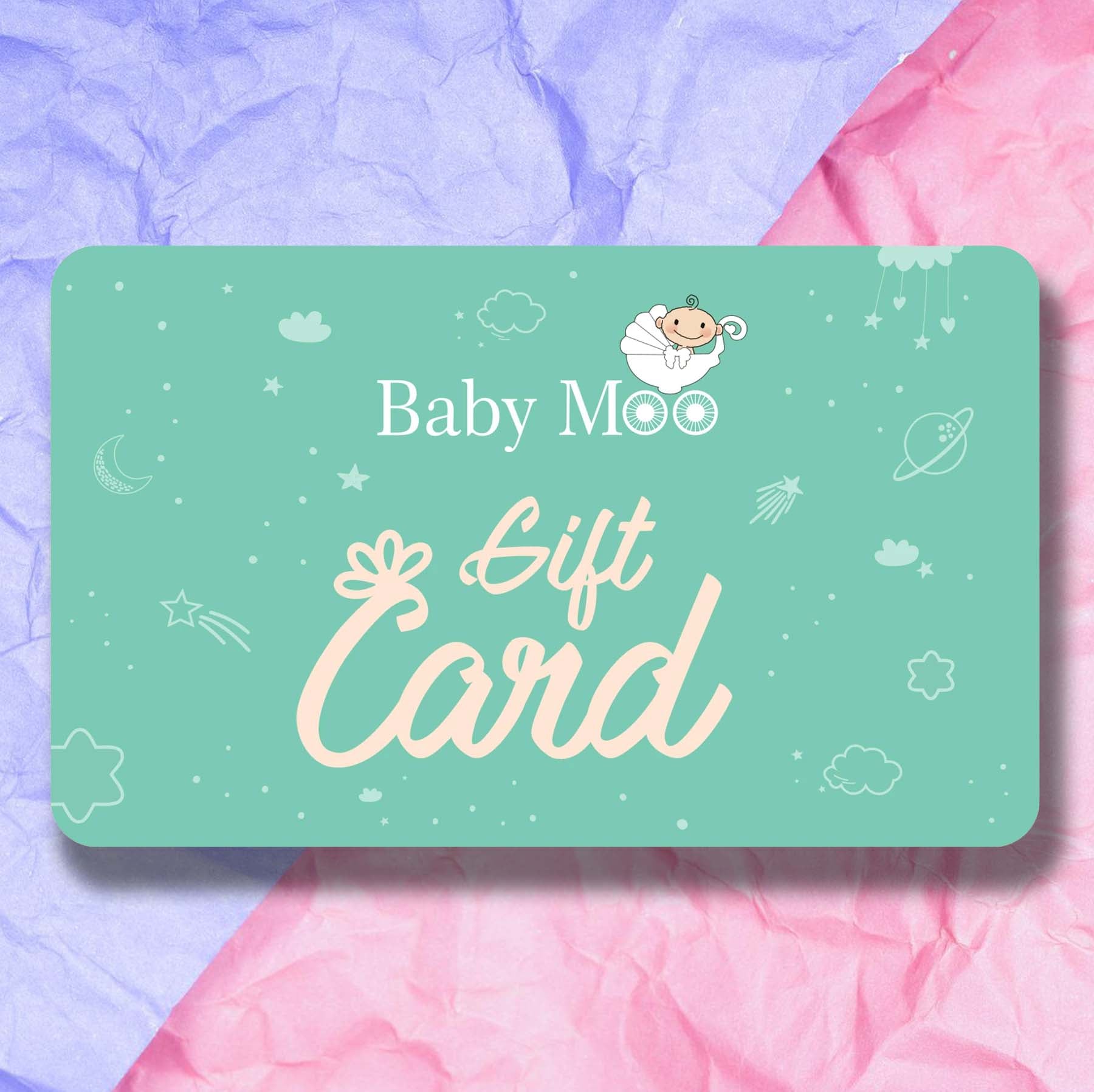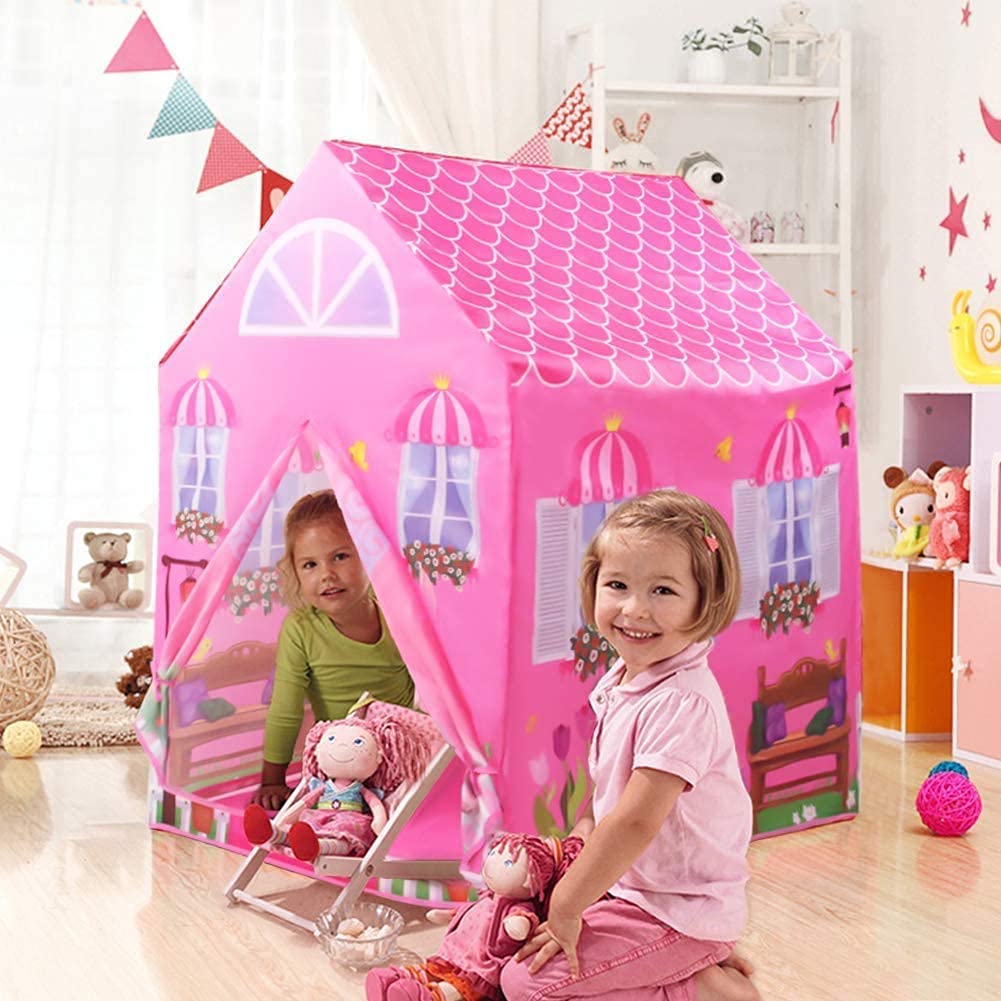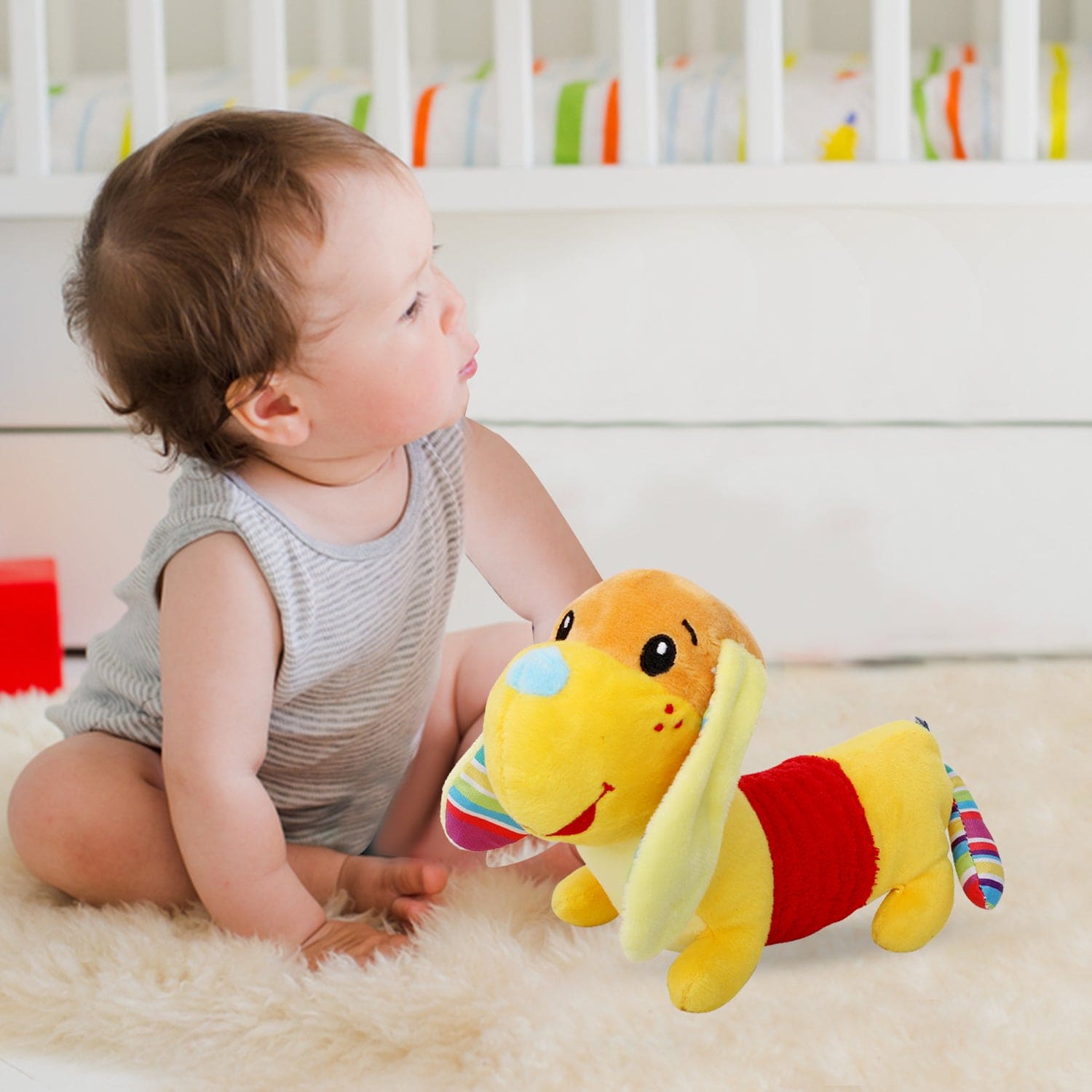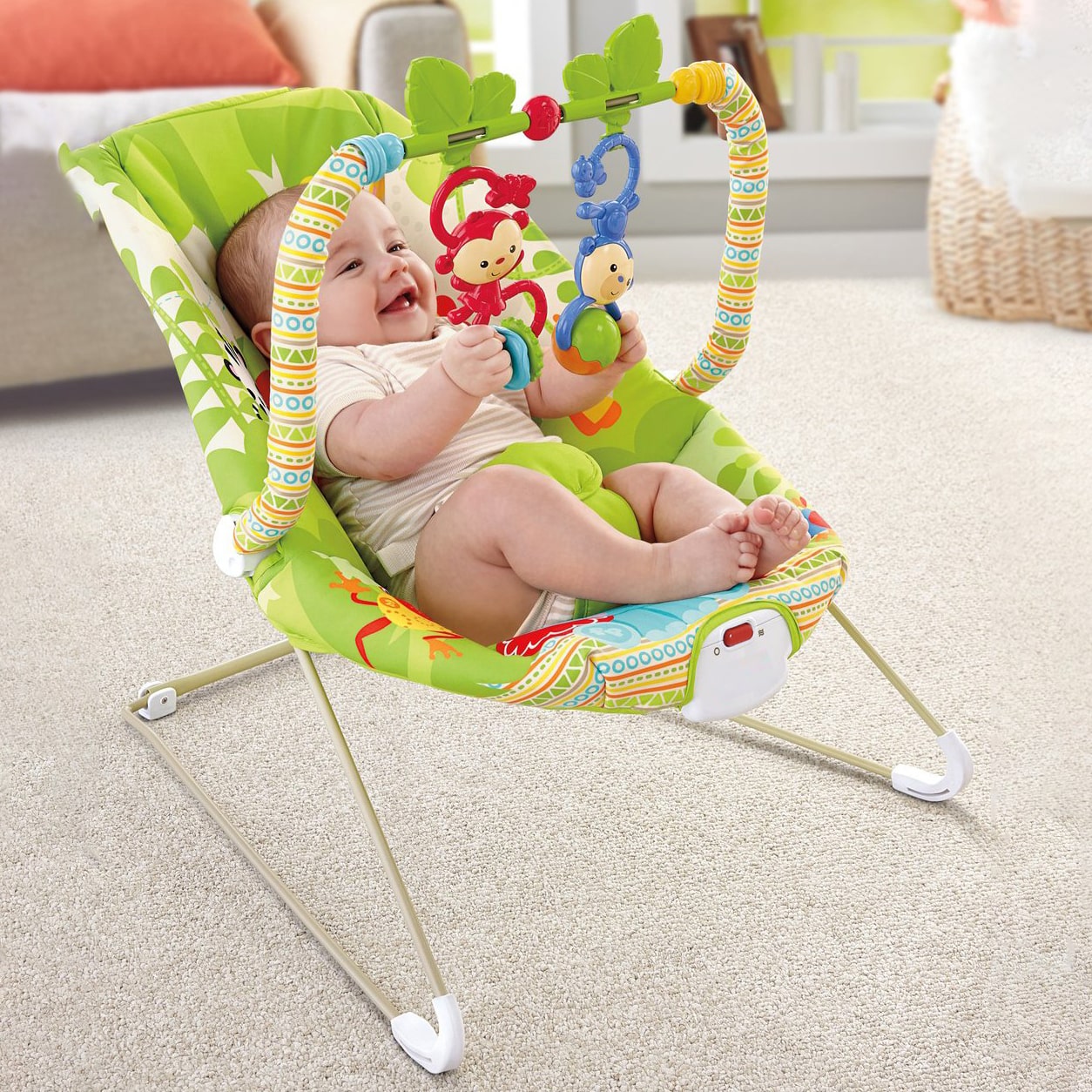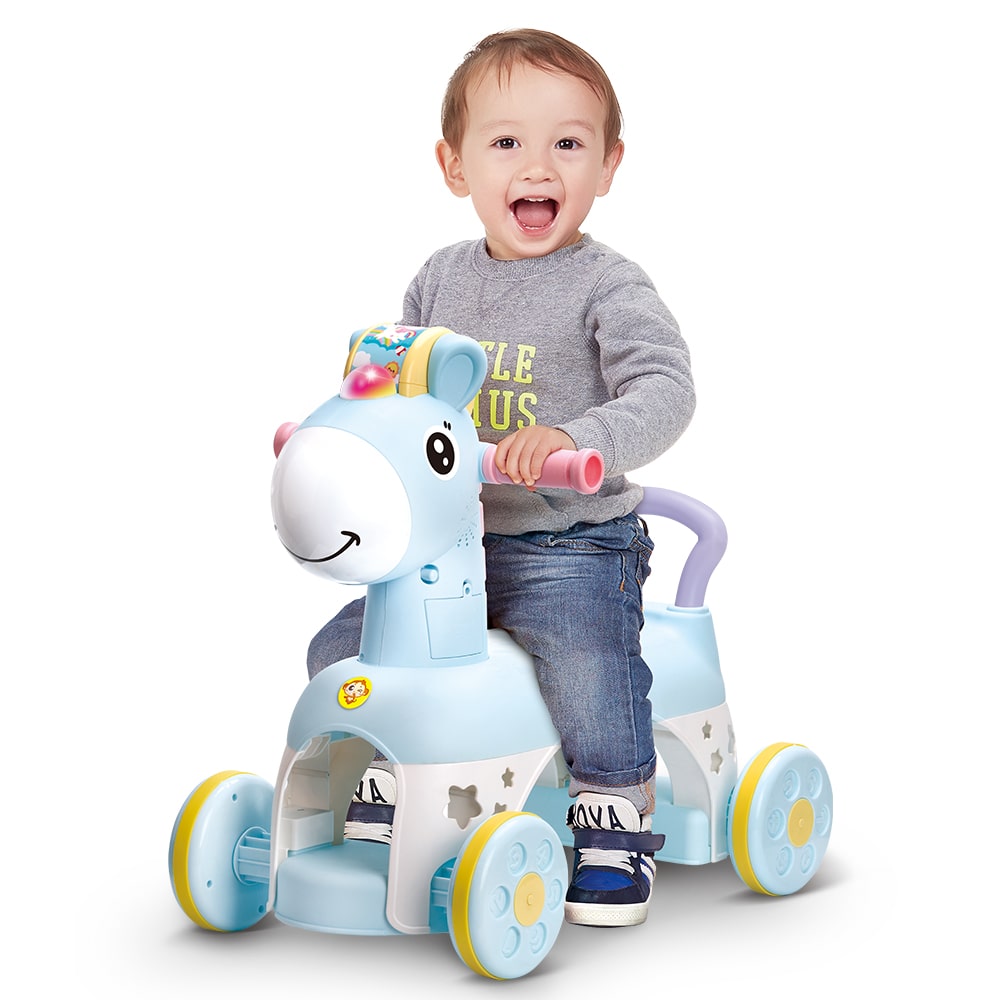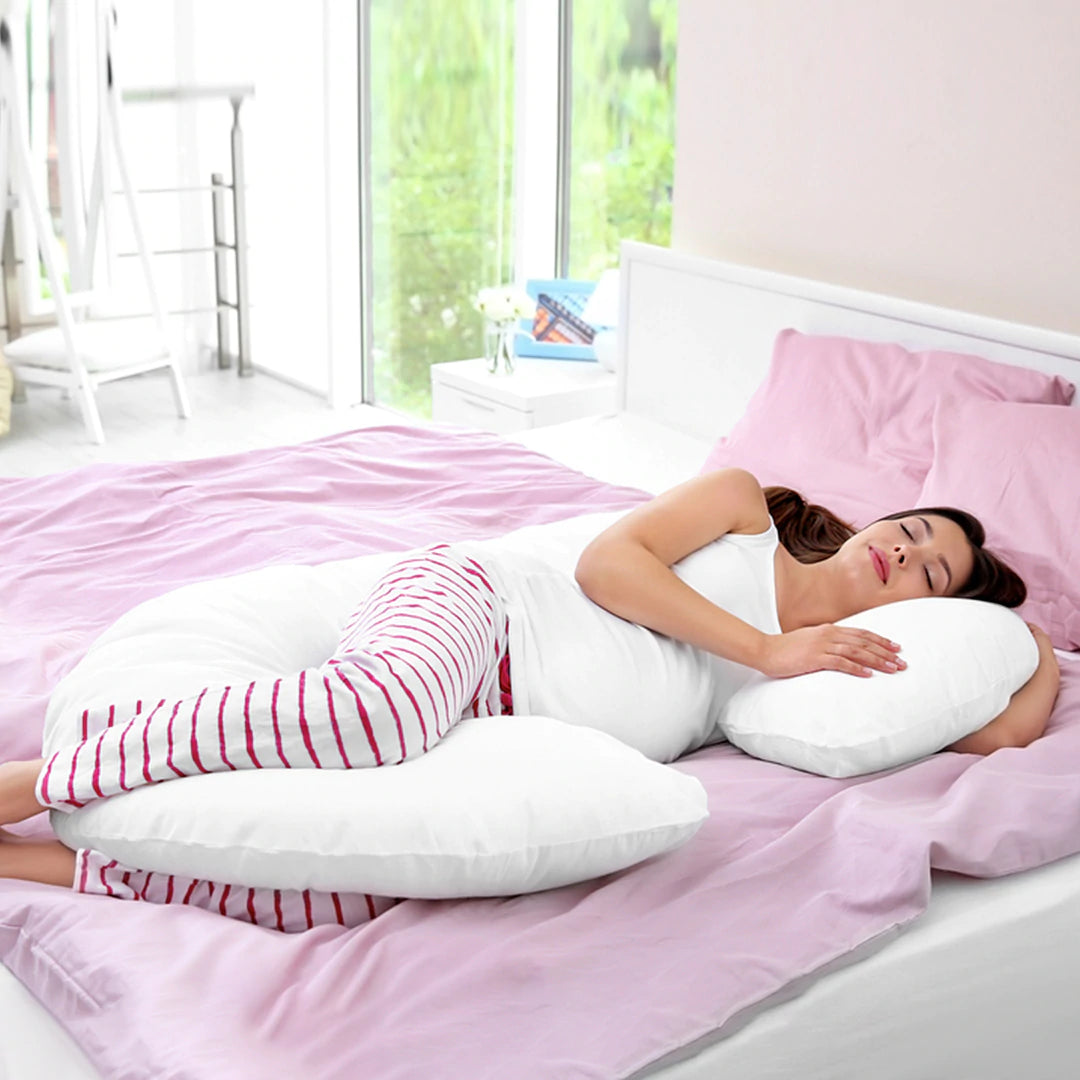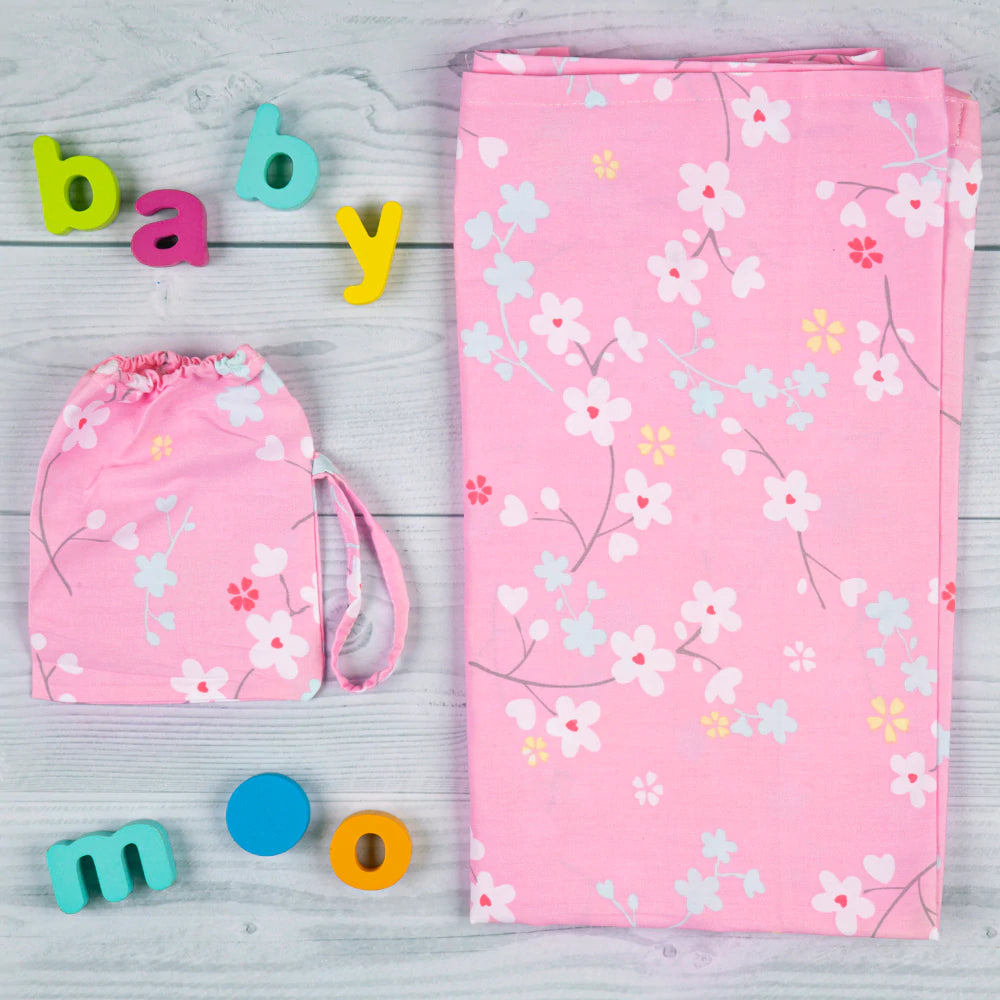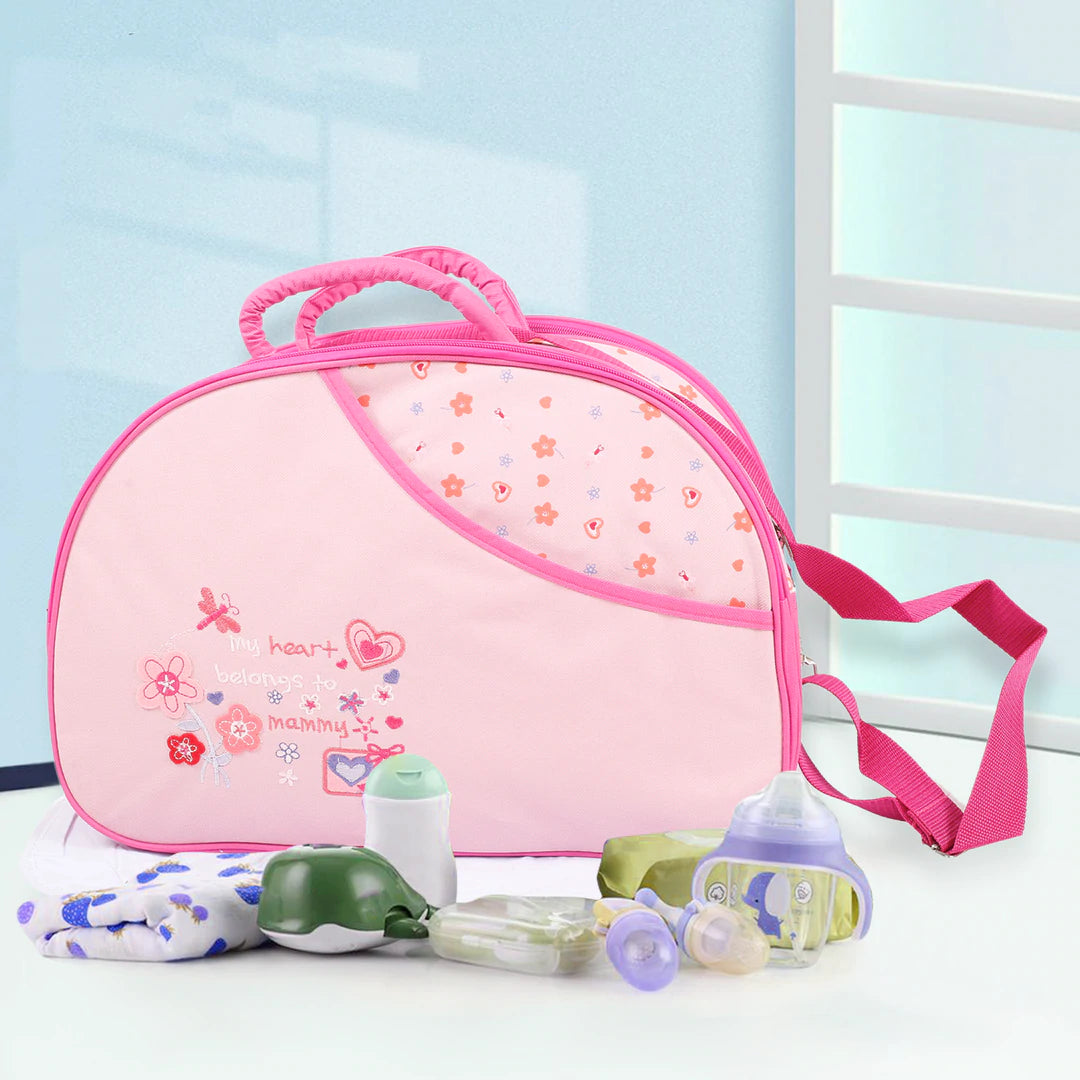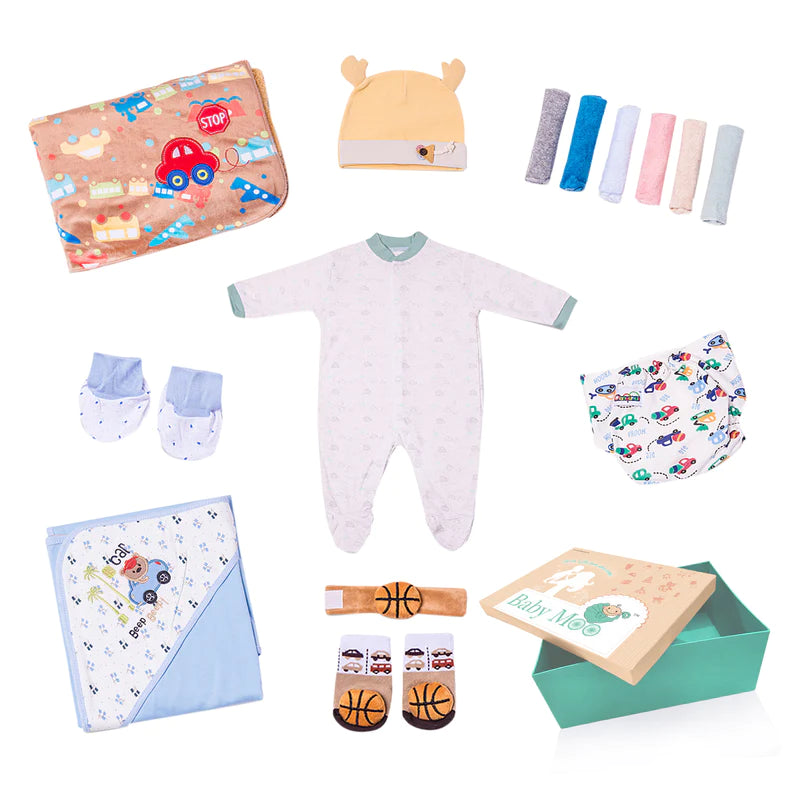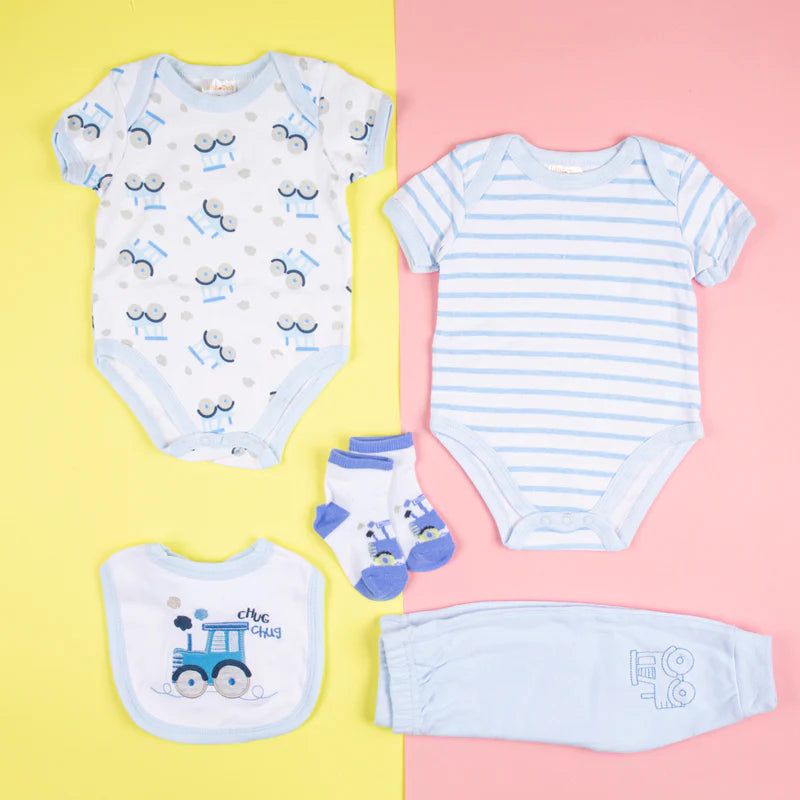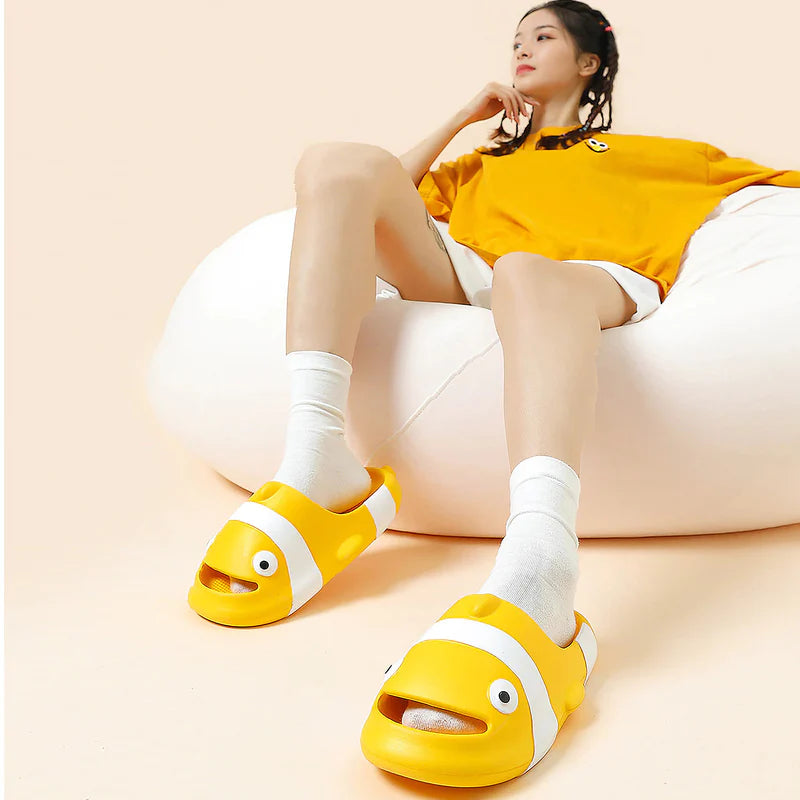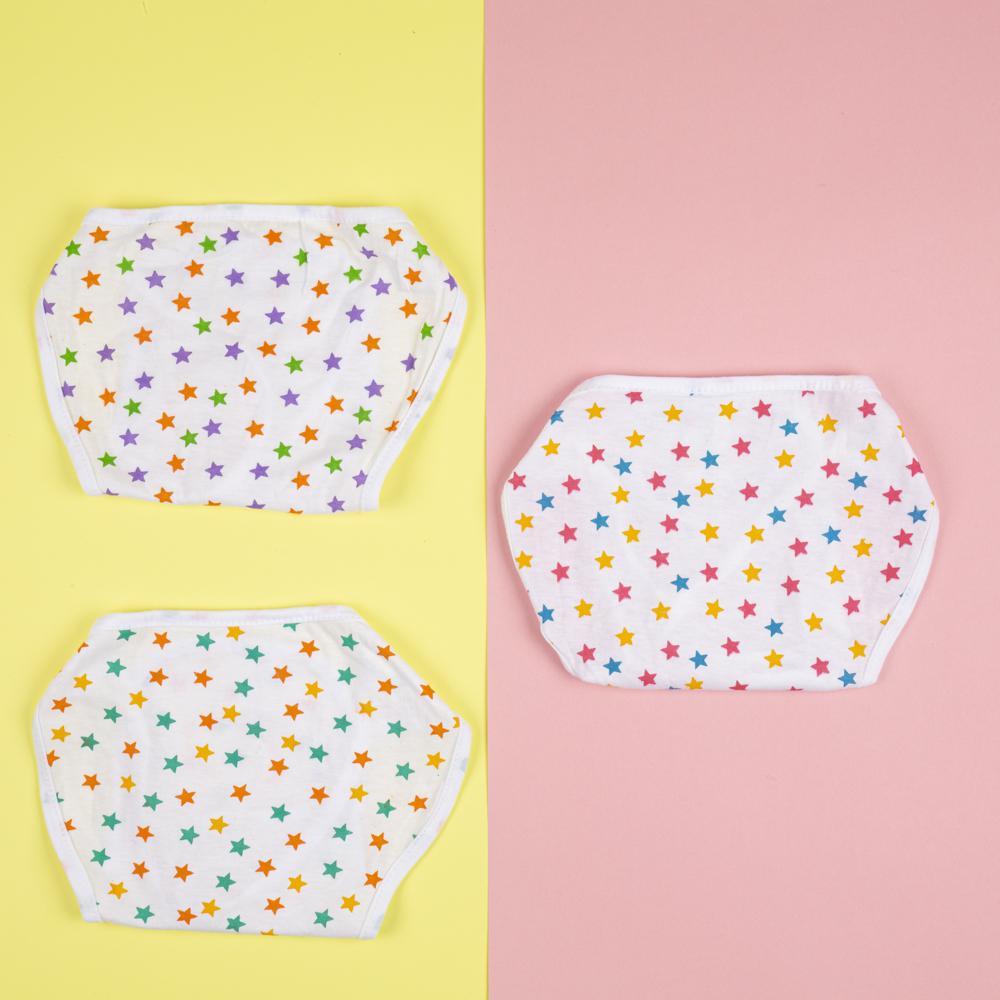Disposable or cloth diapers? Choosing how to raise your kid is mostly a matter of personal preference and this is one decision that all parents have to make often!
Which kind of diaper would work best for you? Sticking to one that suits your lifestyle or alternating between disposable and cloth diapers? Cloth nappies have their advantages and drawbacks, and disposables have theirs.
Cloth diapers:
Advantages:
Cotton, terry cloth, or flannel: Available as pre folded pieces of cotton liners or as an everything else, a cloth diaper may be either. You'll find that cloth diapers for babies have a steeper initial expenditure, but the long-term costs are far lower. Pay attention, since there is going to be a long journey ahead of you until your toddler is potty trained.
Concerns about the many colors and gels that are used in disposable diapers may lead you to consider wearing a cloth diaper instead. This is due to the fact that these types of diapers are less absorbing than disposables, which means you have to replace the diaper more often, but the risk of skin infection via diaper rashes may be reduced in the long term.
Another benefit: It becomes easier to potty train them because kids notice they're wet sooner, and this can be an incentive to move them to normal underwear.

Problems with cloth diapers:
Cloth diapers may be dirty, and they are more difficult to change, unless you are using all-in-one diapers (which are more expensive). It will probably indicate you'll have to do at least two to three additional loads of laundry each week, which will incur greater water and energy costs.
Disposable Diapers:
Disposable diapers are out, therefore you will probably have to take home many poopy and stinky diapers. Another benefit is that certain infants' absorbent gels may lead to greater diaper rash (or more severe instances). But the vast majority of diaper rash treatments and ointments are unsuitable for use with cloth diapers, too.
Benefits:
The main benefit of disposable diapers is that they are easy and simple to change, due to the connected strips located on the rear panel that hold the diaper in place. For the best fit, choose a size depending on your baby's weight and age.
While travelling, you don't have to worry about disposing of soiled diapers since they may be tossed simply. Diapers that use disposable paper rather than cloth allow you to change a lot less each day, because they are ultra-absorbent, contain an inner liner that wicks away moisture, and don't tend to leak. They may help reduce diaper rash since they're so efficient at soaking up moisture, which is one of the factors that contributes to diaper rash.
Disadvantages:
While no scientific studies have been done to determine whether dioxin, dyes, and gels applied to disposable diapers cause damage, some parents may be apprehensive about the presence of all that material close to their baby's bottom, and this may result in greater diaper rash.
A last drawback: If you pull too hard, the tabs on certain disposables may tear, making it much more difficult to refill them on the go. Disposable baby diapers contribute approximately 3.4 million tonnes of landfill trash per year, while disposables themselves take decades to disintegrate.
Thus, when your infant begins solid meals and the bowel motions are more formed, you may substantially minimise waste by flushing part of the contents down the toilet.
Ultra-absorbency also makes toilet training more difficult: Because children don't notice themselves becoming wet and don't feel discomfort, they are less motivated to say goodbye to diapers.
READ ALSO OUR NEW UPDATES
- Choose comfortable baby bedding: An Extensive Guide
- Reusable Diapers: The Breathable Revolution
- Selfcare for Mommies - Why is It Very Important?
- Which Newborn Baby Products Should Top Your Shopping List?
- Things to Keep in Mind Before Buying Baby Toys
- How To Buy The Best Muslin Swaddles For Your Little One?
- 5 Essential Baby Care Products a New Mom Must Have!
